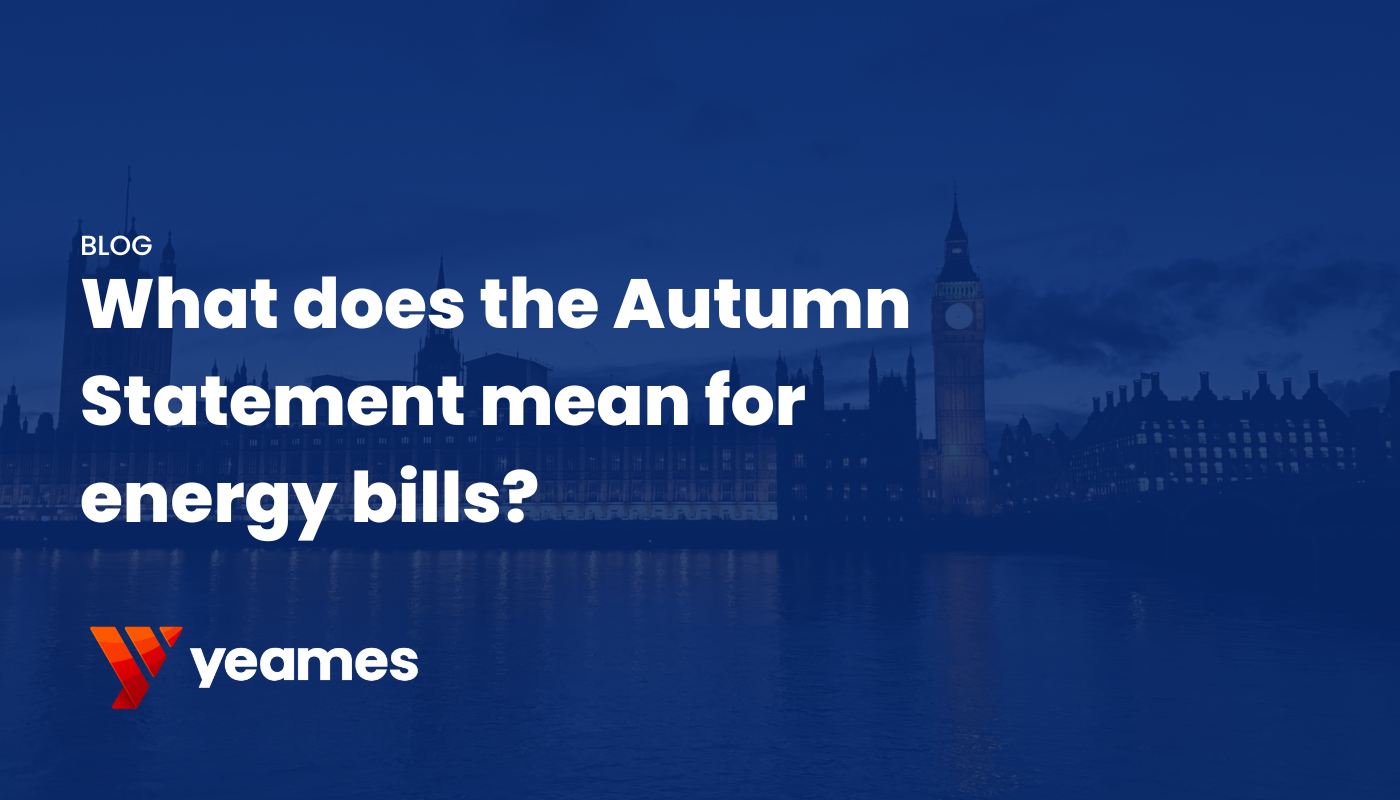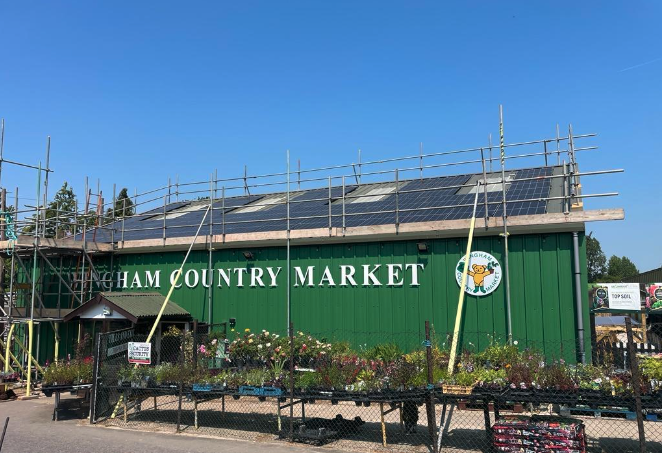Wingham Country Market's Solar Energy Solution: A Sustainable and Cost-Effective Approach
Client: Annette, Wingham Country MarketLocation: Wingham, Kent
2 min read
Luke McCaffrey
:
Nov 21, 2022 2:03:45 PM

Jeremy Hunt, the recently instated Chancellor of the Exchequer, has released his Autumn statement outlining economic measures to be put in place with a view to rescuing the UK economy. This statement lists all measures to be introduced to improve the state of the UK economy, from budgeting to taxes paid by consumers and businesses, and most importantly for those concerned about energy bills, plans for addressing the current cost of living crisis facing the uk.
The cost of energy bills has many homeowners and businesses looking for methods of conserving power and generating their own using solar and other renewables, however the urgency of investigating such measures is influenced greatly by the chancellor and his budget. So, what has the autumn statement laid out for energy bills and the cost of living? Read on to find out.
Price cap rising to £3000
£26 billion in support for the cost of living crisis, including energy support, has been announced, with an official statement on the gov.uk website as follows:
To protect the most vulnerable from the worst of cost-of-living pressures, the Chancellor announced a package of targeted support worth £26 billion, which includes continued support for rising energy bills. More than eight million households on means-tested benefits will receive a cost-of-living payment of £900 in instalments, with £300 to pensioners and £150 for people on disability benefits.
The Energy Price Guarantee, which is protecting households throughout this winter by capping typical energy bills at £2,500, will continue to provide support from April 2023 with the cap rising to £3,000. With prices forecast to remain elevated throughout next year, this equates to an average of £500 support for households in 2023-24.
Whilst all measures introduced to negate the cost of living crisis announced in the Autumn Statement are a step in the right direction, the most crucial in keeping energy bills affordable for homeowners is the £2,500 cap introduced by Liz Truss and her cabinet in September 2022, before the current Autumn Statement.
This price cap remains under the Autumn Statement, but will increase to £3,000 from April 2023. So, whilst a positive measure in making sure bills can't rise exponentially, the limit of this cap is still a large sum for many UK families to find.
How can we reduce what we spend on energy bills?
Firstly, ensure that you’re being economical with your usage. If you aren't in a room, make sure there aren't any lights left on or electronics left unattended eating your electricity. Even electronics on standby use a small amount of electricity, so turn off everything, no matter how insignificant.
If you don't have a smart meter installed, or if your energy company has sent one and it’s in its box in the drawer, order one or use the one you have been neglecting. As well as being able to see energy consumption in real time, it helps instil a mindset of vigilance with energy usage, particularly when you keep it somewhere your family or employees are able to see it easily.
Use a price comparison site such as uswitch to ensure that you’re getting the best rates possible. What seems like a slight reduction per month or per billing increment adds up.
Lastly, and in our opinion most importantly, investigate renewables, the most accessible of which for most home and business owners is solar. Solar allows you to offset the costs of bills from your energy provider by using the energy generated by solar panels to power your home or business. Not only are you reducing your bills in real time by using energy from the sun, you’re also able to store energy generated for use at a later date and sell excess energy back to the grid, so solar can save you money, and also make you money.
Speak to the Yeames team today about your home or business energy needs and for a no obligation quote by getting in touch here.

Client: Annette, Wingham Country MarketLocation: Wingham, Kent

Case Study: Shivering Sands Brewery's Solar Energy Solution

Case Study: Cold Harbour Police Station Solar Energy Solution